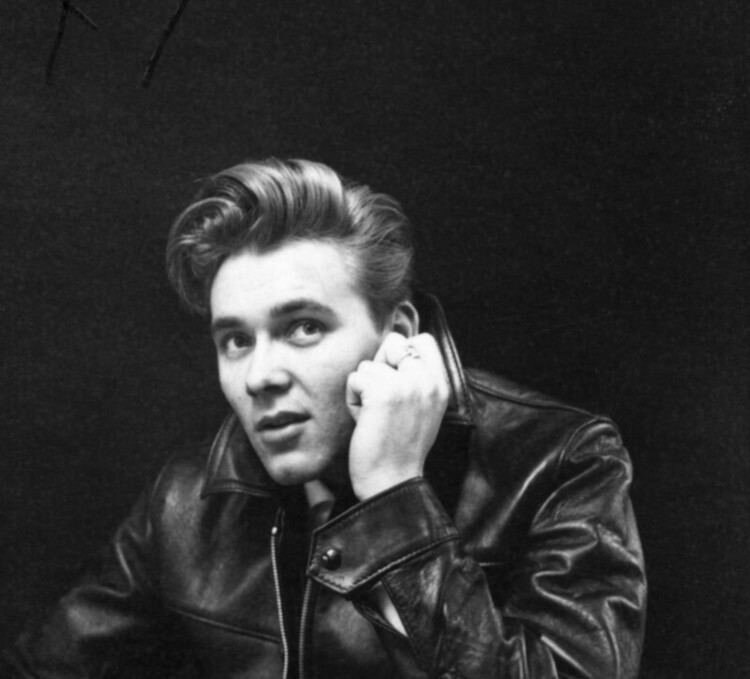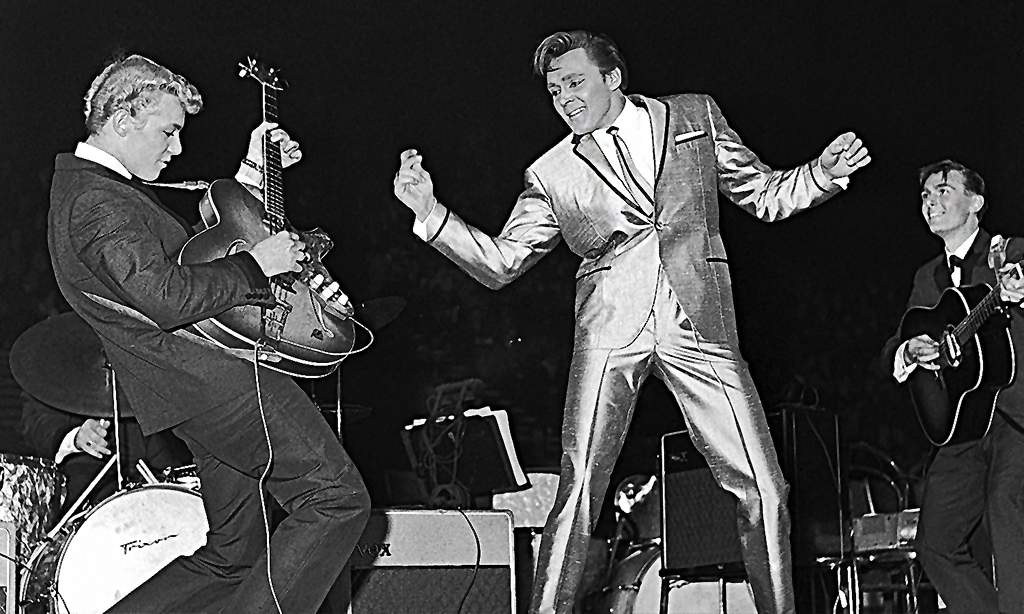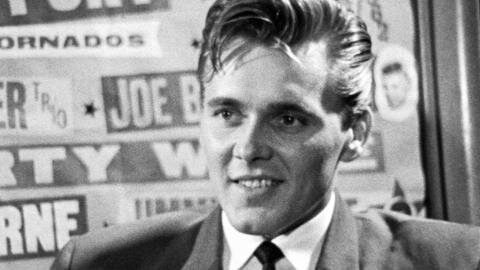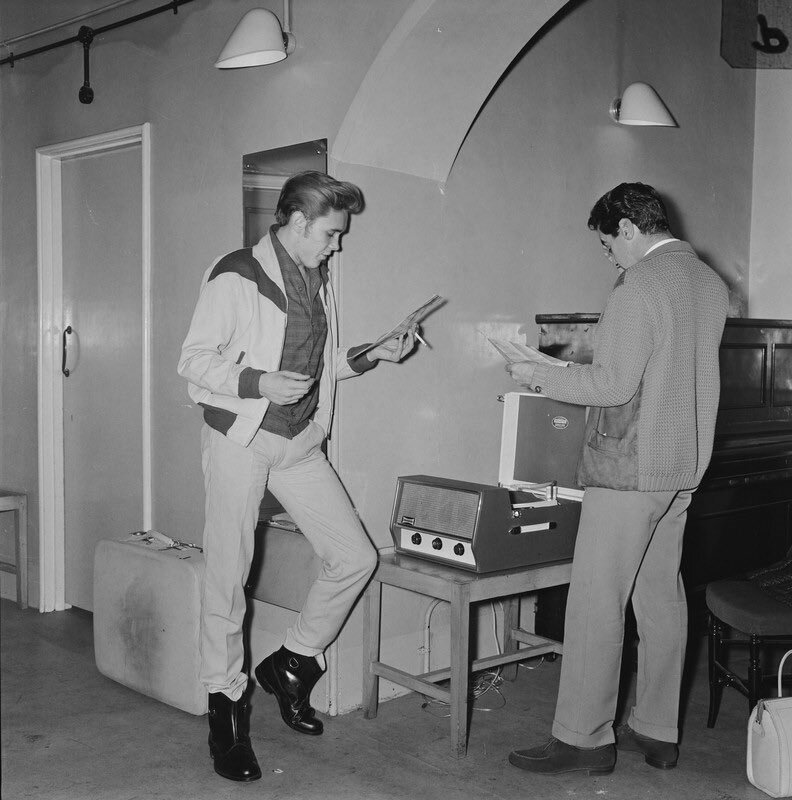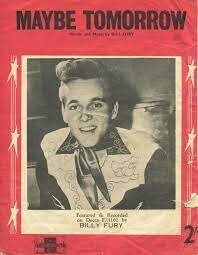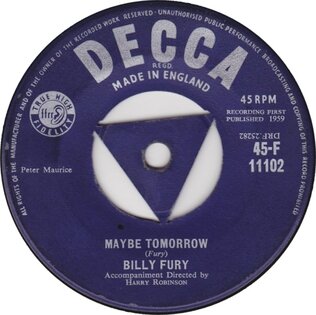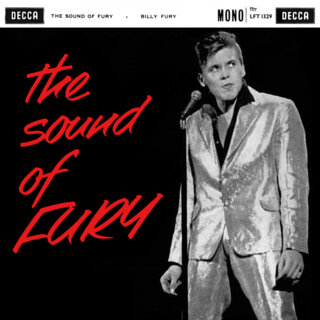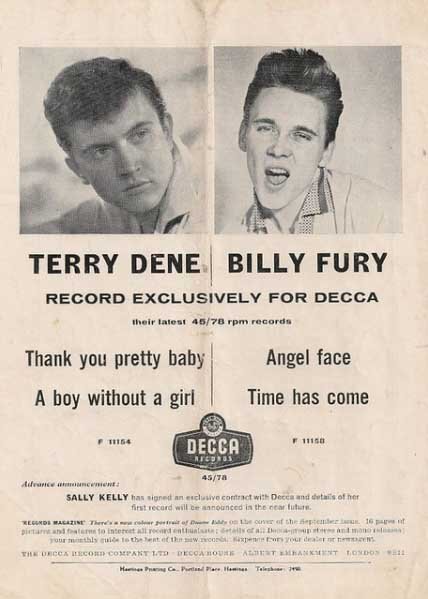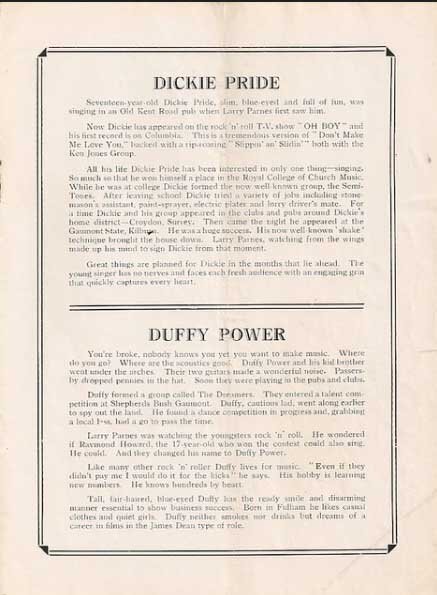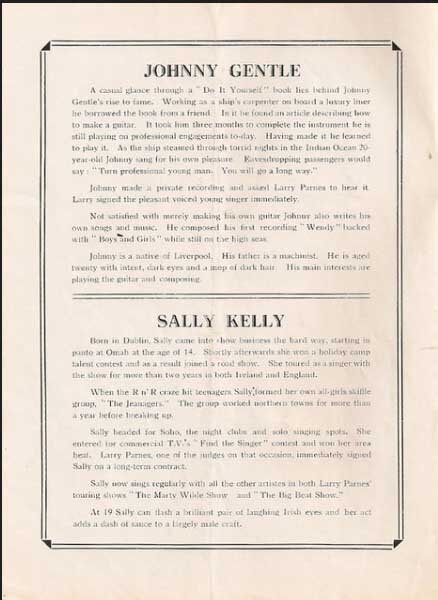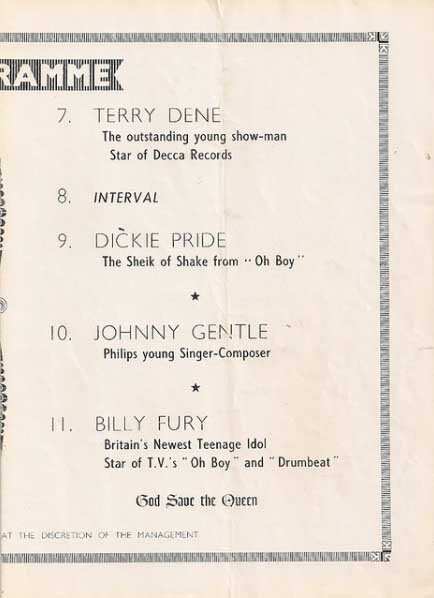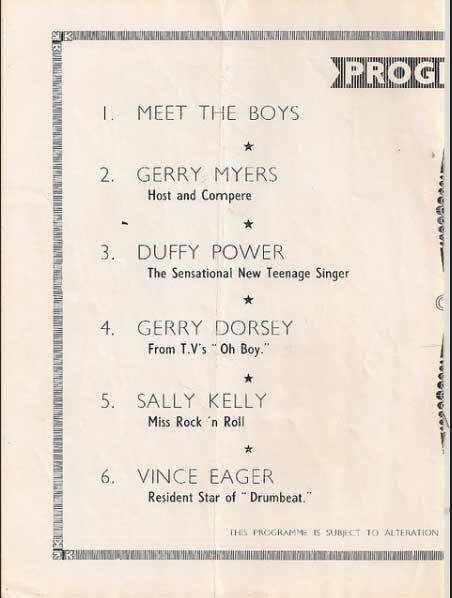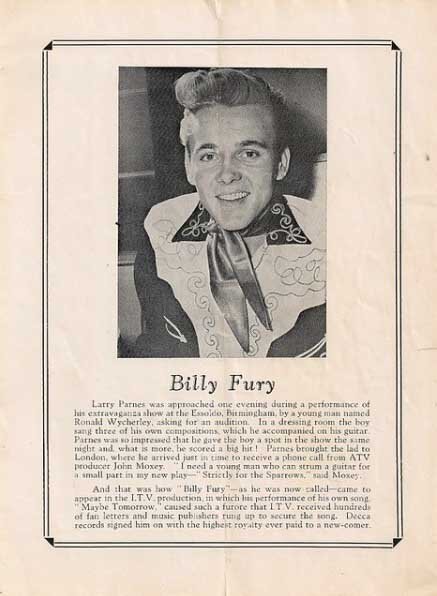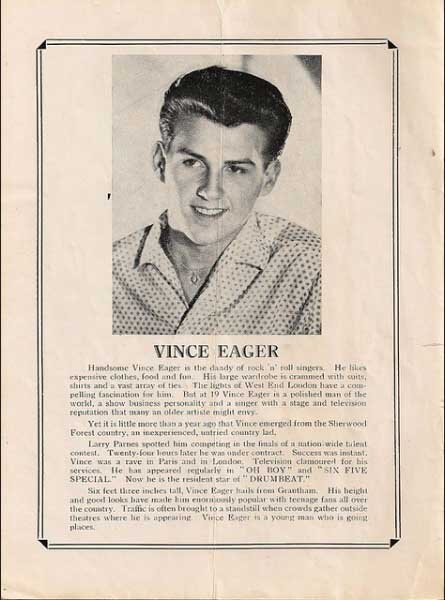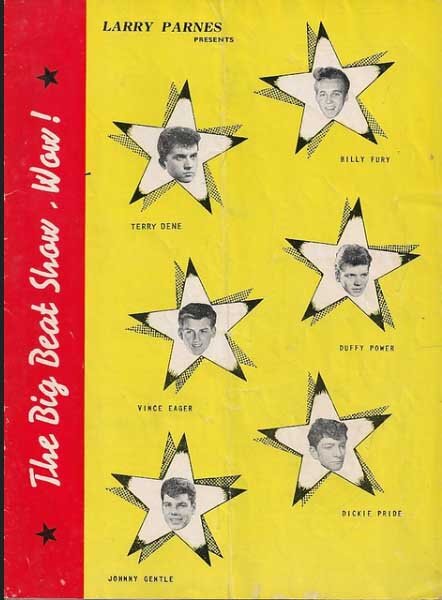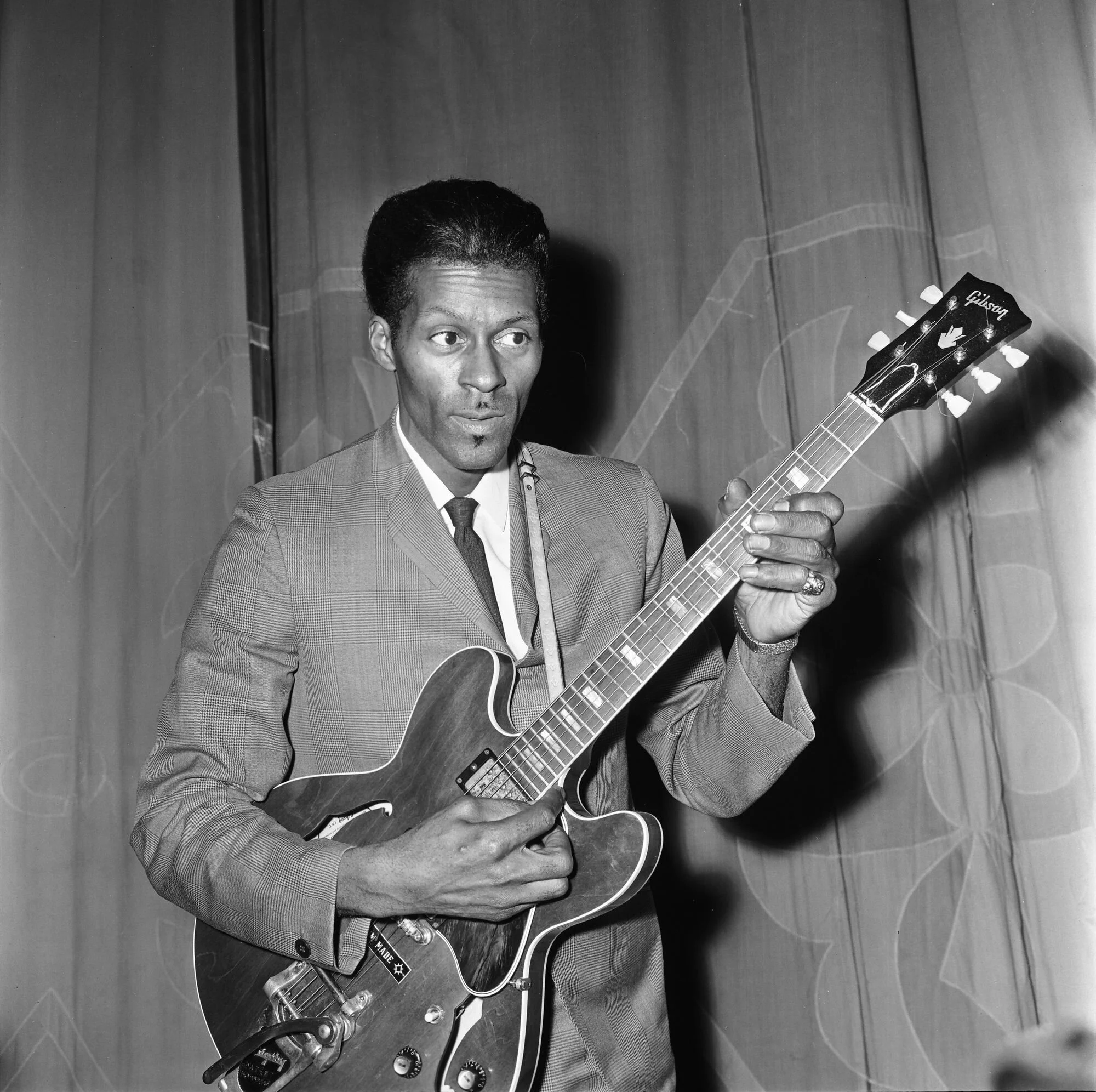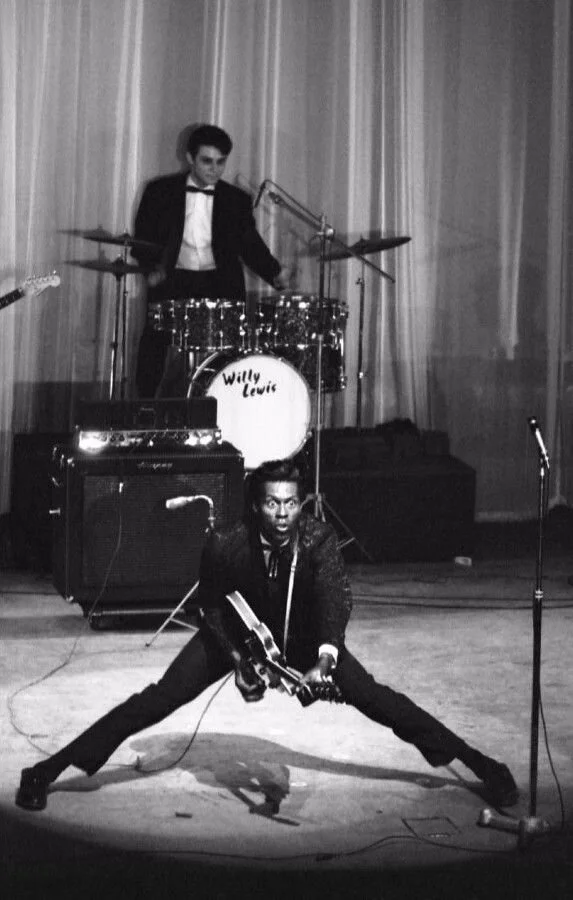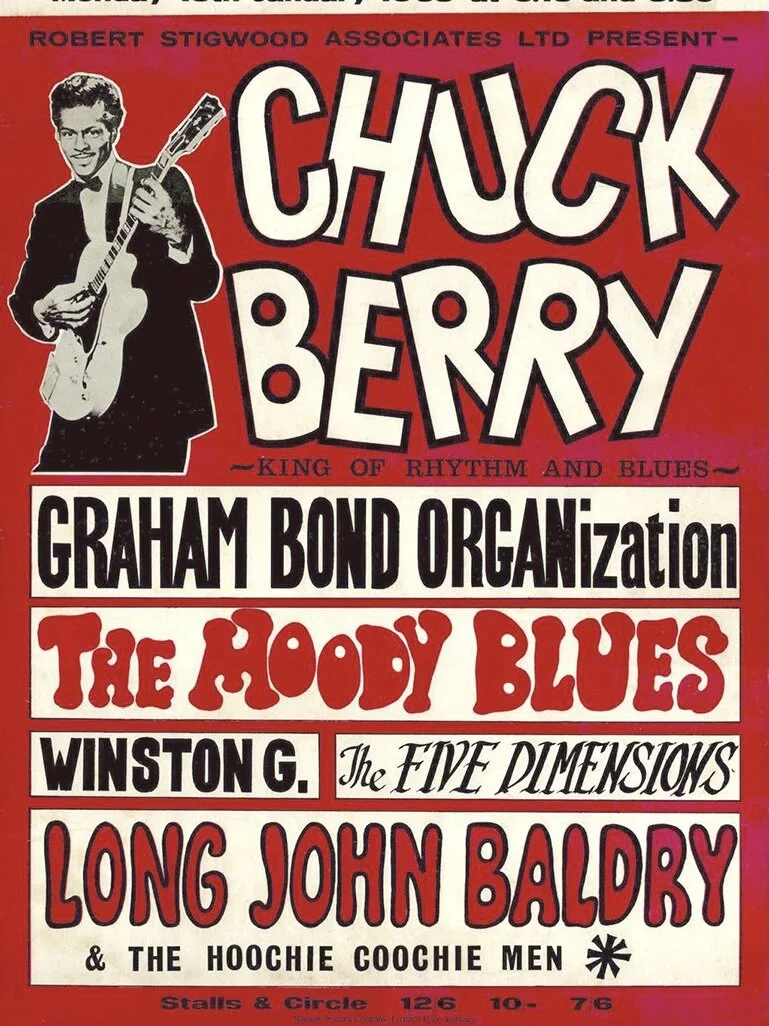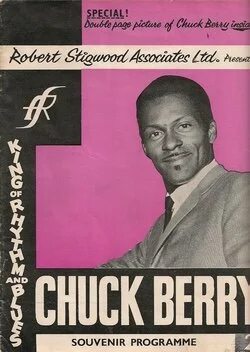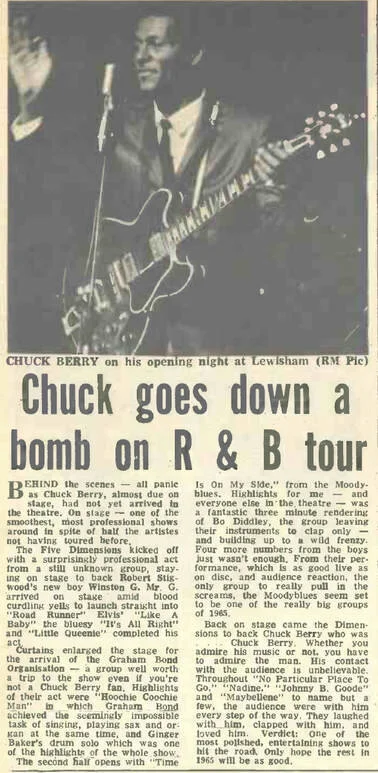Images may be subject to copyright
On this day, 28 Aug 1959, British rock legend Billy Fury played Cardiff’s Gaumont Theatre. Also included in the package was Terry Dene, Dickie Pride, Johnny Gentle, Duffy Power, Vince Eager, Gerry Dorsey, Sally Kelly with
Gerry Myers (compere).
Ronald Wycherley/Billy Fury went to meet pop manager and impresario Larry Parnes at the Essoldo Theatre in Birkenhead, hoping to interest one of Parnes' protégés, singer Marty Wilde, in some of the songs he had written.
Instead, in an episode that has since become pop music legend, Parnes pushed young Wycherley up on stage right away. He was such an immediate success that Parnes signed him, added him to his tour, and renamed him "Billy Fury".
However, his early sexual and provocative stage performances received censure, and he was forced to tone them down. In October 1959, the UK music magazine, NME, commented that Fury's stage antics had been drawing much press criticism.
An early star of both rock and roll and films, he equalled the Beatles' record of 24 hits in the 1960s and spent 332 weeks on the UK chart, though he never had a chart-topping single or album.



